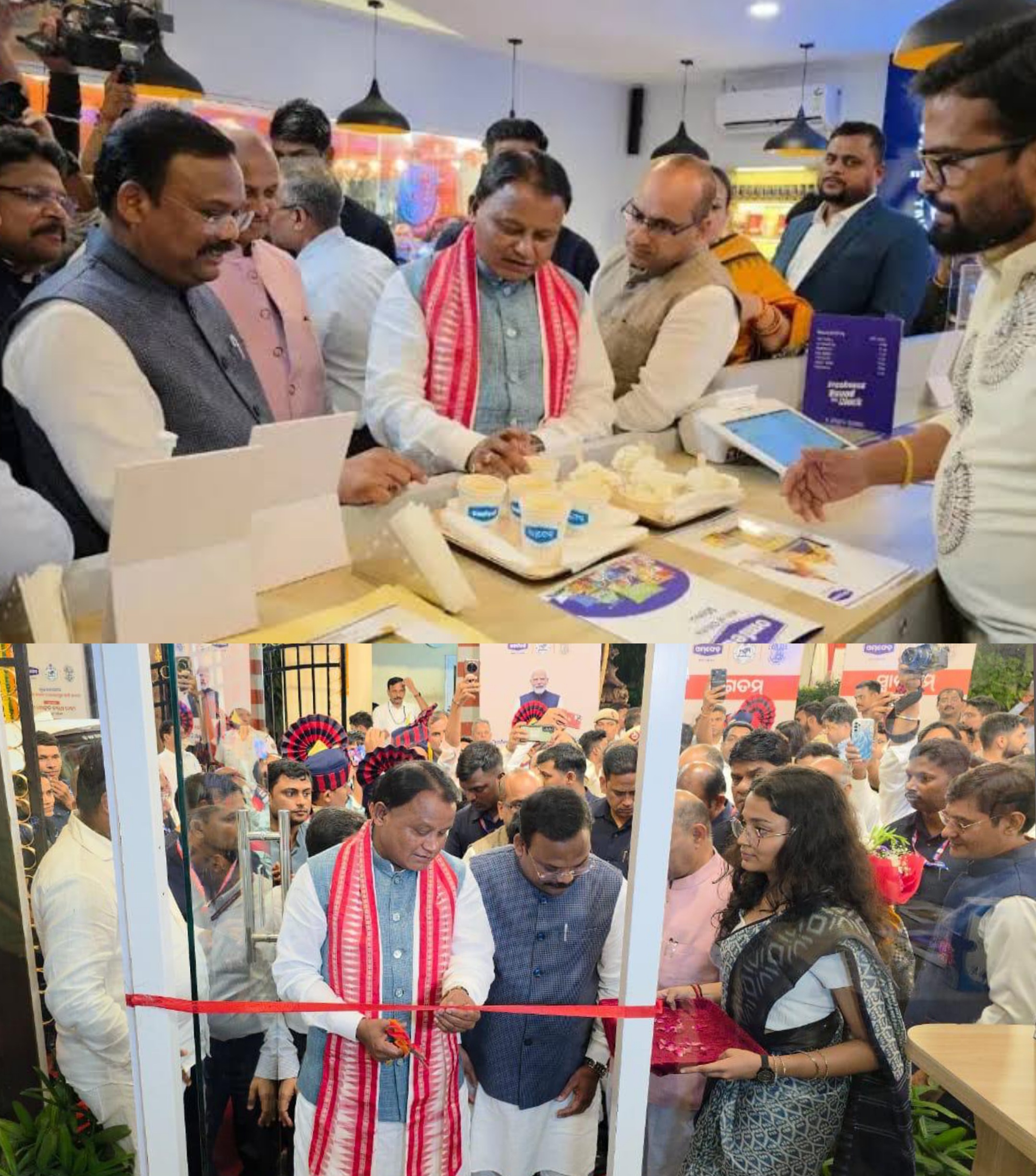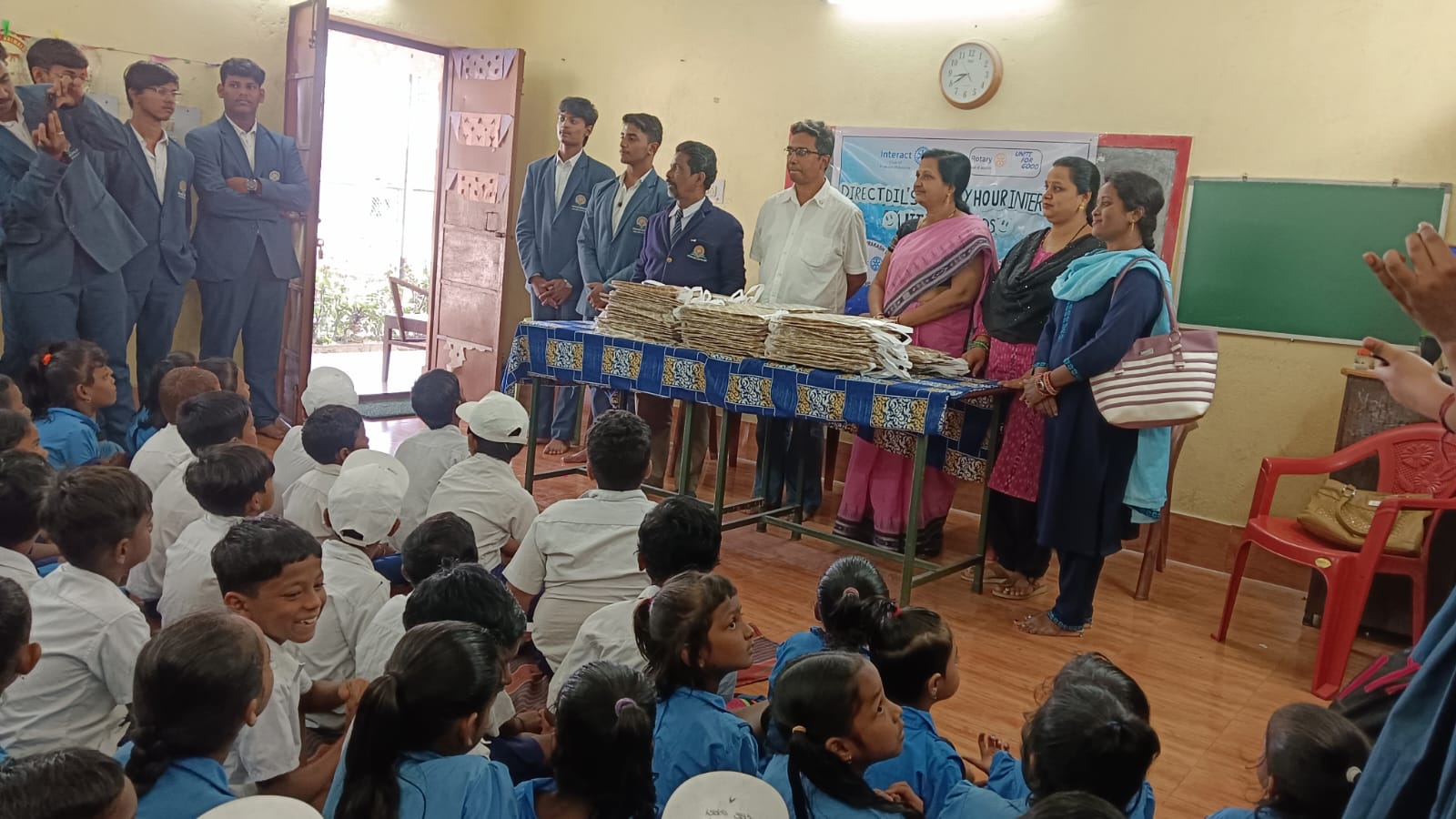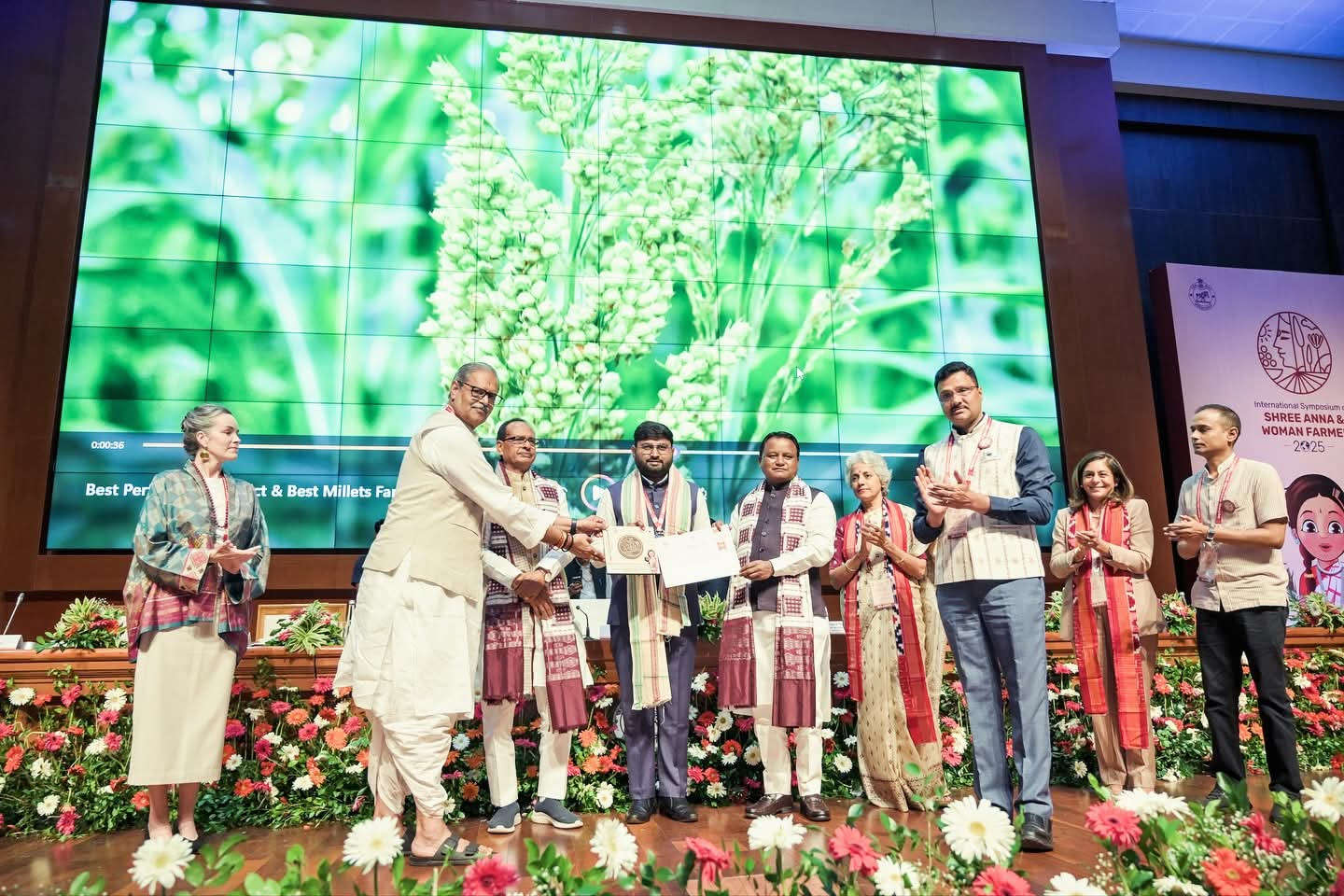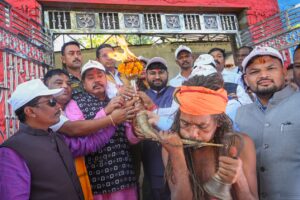From Hills to Capital: Koraput Coffee Makes Its Delhi Debut.
Odisha’s signature tribal brew, Koraput coffee, has taken a major step towards reaching the national palate with the inauguration of its first outlet in the capital. Chief Minister Mohan Charan Majhi on Wednesday opened the café at Odisha Niwas in Chanakyapuri, offering Delhiites a taste of the aromatic Arabica variety grown on the misty hills of Koraput.
This debut outside the state marks a milestone in Odisha’s efforts to build a brand identity around Koraput coffee, which has already carved a niche in the state with outlets in Bhubaneswar, Puri, and Koraput. The government now plans to expand aggressively in the capital, even roping in social marketing agencies to push sales and build a premium tribal product image.
A Brew of Identity and Livelihood What makes Koraput coffee stand out is not just its distinct flavour smooth, lightly acidic with a long-lasting aftertaste but also its story of transformation. Around 3,000 tribal families in Koraput now depend on coffee cultivation for their livelihood, an activity that has curbed distress migration to other states.
Ashutosh Nanda, district marketing officer of the Tribal Development Cooperative Corporation (TDCC), explained: “Coffee is cultivated on 3,000 hectares, but Koraput has the potential to expand to 1.45 lakh hectares. We procure about 85 metric tonnes annually, which is processed, branded, and sold. In our outlets, brews are affordable, priced between ₹70 and ₹130 per cup. Packaged coffee costs ₹299 for 250 grams.”
The shift is visible in villages across the region. Farmers who once migrated seasonally to work as bonded labourers now earn a steady income from their plantations. In at least 23 villages, growers earn a minimum of ₹50,000 annually from coffee alone, besides what they make from paddy, millets, or vegetables.
Take the case of Surya chautia of gollur village of nandapur block Cultivating coffee on two acres, he earned ₹1 lakh last year. “I have been growing coffee for six years. Earlier, I used to migrate outside Odisha for work, but now this is enough to sustain my family,” he said, his pride evident.
A Blend of Tradition and Modern Push Coffee cultivation in Koraput has roots going back nearly a century. In 1930, King Rajbahadur Ramchandra Deo experimented with coffee near Jeypore. Later, in 1954, the government promoted plantations to control siltation in the Machkund dam. However, the crop’s commercial value remained underexplored until the 1990s, when efforts began to brand it as a premium organic product.
Today, with support from the Coffee Board of India, TDCC has set up curing units for roasting, grinding, packaging, and branding. This has helped tribal farmers tap into a larger consumer base. Grown at altitudes between 2,500 and 4,200 feet, Koraput’s Arabica is naturally organic, cultivated without fertilisers or chemicals. The beans are valued for their nutrient-rich quality and global-standard taste profile.
Brewing a Future Beyond Odisha the Delhi outlet is more than just a cafe it is part of a broader strategy to place Koraput coffee on the national and even international stage. The Odisha government plans to tie up with leading marketing and retail networks in the capital to popularise the brand. The idea is to showcase Koraput coffee not only as a beverage but also as a story of empowerment, sustainability, and tribal pride.
Chief Minister Majhi, inaugurating the outlet, underlined that the initiative will bridge urban consumers with the tribal hinterland. “Each cup of Koraput coffee tells the story of our farmers’ resilience and the natural richness of Odisha. With this expansion, we aim to give our tribal communities a stronger economic foundation,” he said.
As Delhiites sip on their cold brews and espressos, few may realise they are also sipping into a century-old tradition, rooted in the red soils of Koraput. But for the growers in the hills, each cup served in Chanakyapuri is a step towards a more dignified livelihood, proving that coffee can indeed brew change.














Post Comment